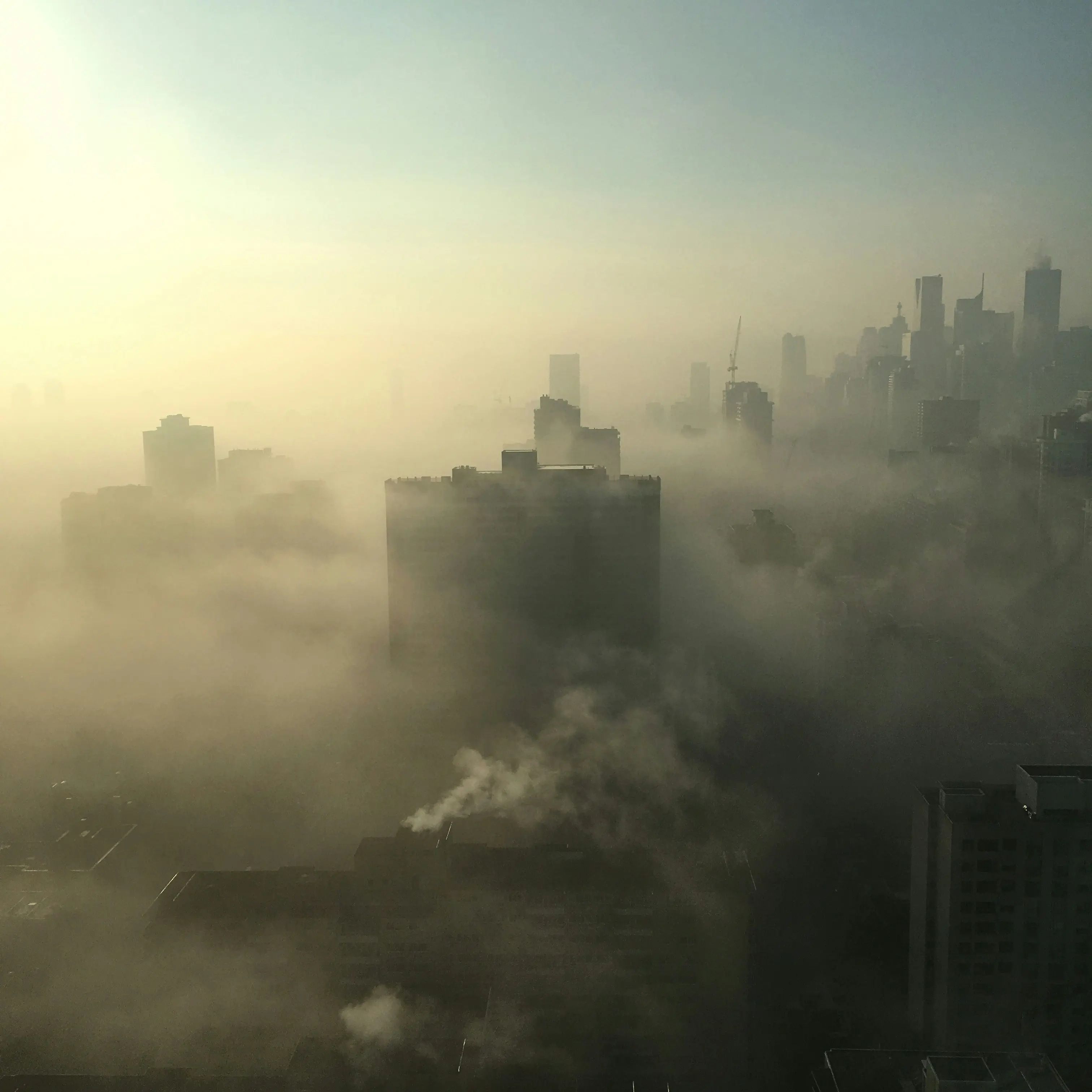Air Pollution: The Silent Culprit Behind Lung Cancer In Non-Smokers

In a groundbreaking new study, scientists have uncovered a startling revelation: air pollution may be playing a significant role in the development of lung cancer, even in individuals who have never touched a cigarette. This finding sheds light on a silent threat lurking in our environment, with implications for millions worldwide.
The study, conducted by a team at the University of California, San Diego, delves into the correlation between air quality and lung cancer cases among non-smokers. The findings suggest that exposure to air pollutants—particularly fine particulate matter known as PM2.5—could be a crucial factor in the onset of lung cancer. These microscopic particles, largely produced by vehicle emissions, industrial processes, and wildfires, are small enough to penetrate deep into the lungs, causing inflammation and potentially triggering cancerous changes in cells.
Researcher Dr. Jane Smith, who led the study, emphasized the importance of these findings. "Our results indicate that air pollution is not just a nuisance, but a critical public health issue," she stated. "We need to rethink how we approach air quality regulations and public health policies to protect people, especially those who are most vulnerable."
The study analyzed data from thousands of non-smoking individuals, comparing the levels of air pollution in their environments with the incidence of lung cancer. The results were clear: those living in areas with higher pollution levels exhibited a significantly higher risk of developing lung cancer.
This discovery has sparked a conversation about the broader implications of air pollution on human health. While smoking remains the leading cause of lung cancer, this study highlights that the quality of the air we breathe is equally vital. The research team is hopeful that these findings will lead to more stringent air quality standards and inspire further investigations into environmental factors affecting health.
As urbanization and industrial activities continue to rise globally, understanding the impact of air pollution on health becomes increasingly urgent. This study serves as a wake-up call to policymakers and the public alike, urging immediate action to mitigate air pollution and protect future generations from its insidious effects.
The research underscores a critical need for international cooperation in tackling air pollution. By investing in cleaner technologies and enforcing stricter emissions regulations, we can work towards a future where the air we breathe no longer poses a silent threat to our health.